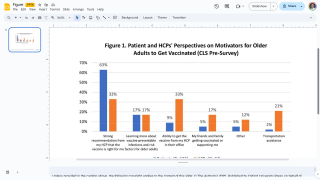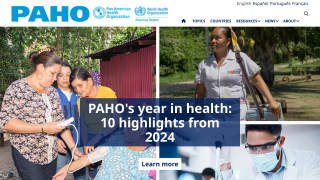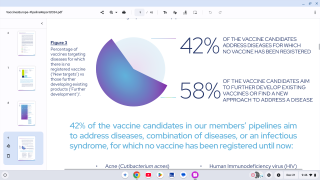The Rise of Deadly Mosquito-Borne Diseases

In this blog post, written by Juan Carlos Jaramillo, MD. Chief Medical Officer Valneva and Vice President Vaccines Europe highlight a lesser-known consequence of climate change: the increasing prevalence of deadly mosquito-borne diseases.
Historically, these mosquitoes inhabited tropical and subtropical regions like South America and Southeast Asia. In recent years, they've infiltrated previously unaffected areas, such as Southern Europe and the United Kingdom.
However, these disease-carrying mosquitoes have expanded their geographic reach. Recent studies have found wind patterns and altitude are expanding the area misquotes impact each year.
'At Valneva, our mission is to contribute to a world where no one dies or suffers from a vaccine-preventable illness. It is this vision that drives us to develop vaccines aimed at protecting people from infectious diseases.... Scientific innovation is our ally in the battle against disease, a fight that is intensifying alongside climate change,' wrote Dr. Jaramillo on March 12, 2024.
Currently, mosquito-borne diseases infect up to 700 million people each year.
Projections suggest that as many as 8.4 billion people could be at risk of contracting diseases such as chikungunya, dengue, malaria, and zika by the end of the century.
As of March 2024, vaccines to protect people from these are becoming more available, such as:
Chikungunya - IXCHIQ® is an approved monovalent, single-dose, live-attenuated vaccine, the only vaccine currently showing sustained titers one year after vaccination.
Dengue - Two dengue vaccines are being deployed in 2024, with several vaccine candidates conducting late-stage studies.
Malara - Two approved malaria vaccines are being offered throughout Africa.
Zika - The resurgence of Zika outbreaks in the Americas (Brazil) in 2024 has reenergized Zika vaccine development efforts.
According to the World Health Organization (WHO), getting vaccinated against diseases is one of the most effective ways to protect your health while traveling abroad.
The WHO says most travel vaccines should be administered at least one month before departure to ensure maximum protection.
The Pan American Health Organization, U.K. Foreign Travel Advice, and the European Centers for Disease Control also publish travel vaccine recommendations.
Note: The unedited Valneva blog post is linked here.
Our Trust Standards: Medical Advisory Committee























